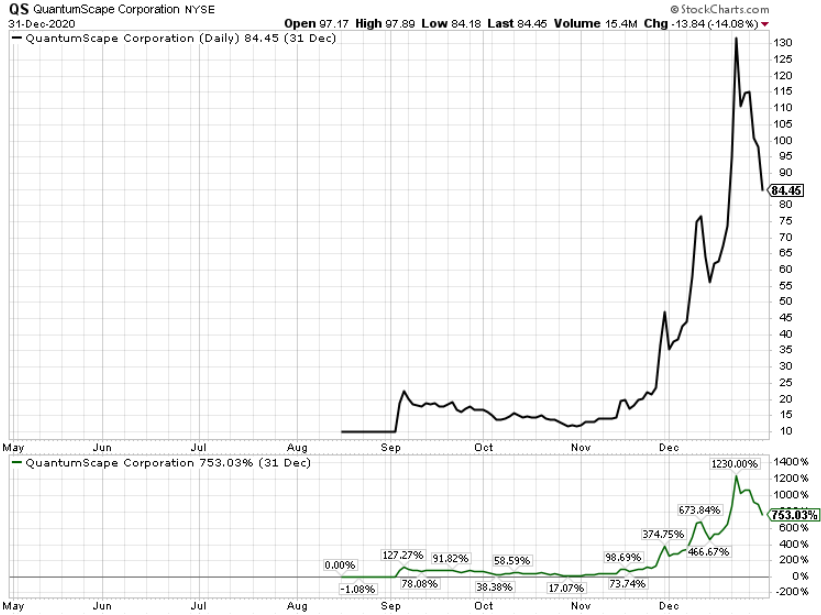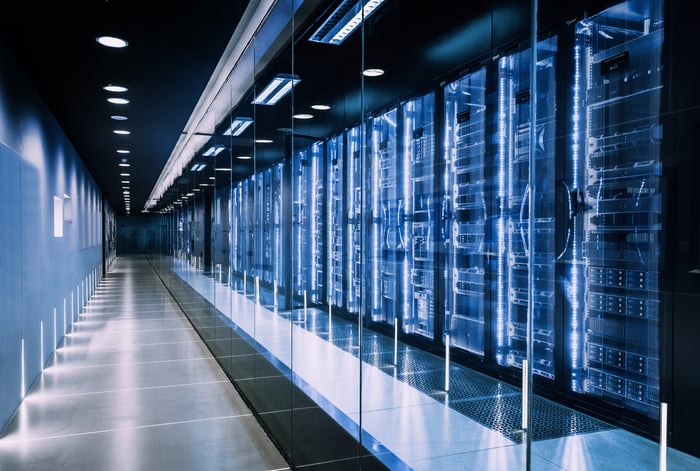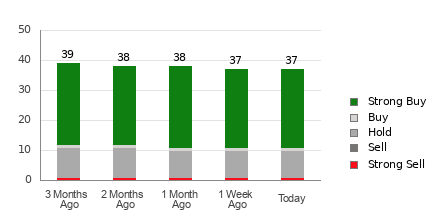Solid-state batteries (SSBs), previously at the forefront of electric vehicle (EV) technology discussions, are making a resurgence in importance due to advancements in their production and performance. A key breakthrough comes from QuantumScape, which announced a new manufacturing process that is approximately 25 times faster than previous methods, allowing for scalable gigafactory-style deployments. Major players such as Toyota and BMW are also investing in solid-state technology, with Toyota planning to launch solid-state EVs by 2027.
Recent reports indicate that Huawei is developing a sulfide-based all-solid-state battery boasting a driving range of over 1,800 miles and ultra-fast charging capability in just five minutes. The demand for SSBs is heightened by the burgeoning field of physical AI, where robots, autonomous vehicles, and drones require lightweight, efficient, and safer battery solutions. SSBs offer significant benefits, including higher energy density, faster charging, and reduced fire risk, making them well-suited for this new technology landscape.
As both solid-state battery technology matures and the field of physical AI expands, investments in SSBs are seen as a strategic move to capitalize on these converging trends. Advances in AI are also being leveraged to enhance battery discovery processes, potentially accelerating the timeline for widespread adoption of solid-state batteries.









